- The latest works by renowned documentary filmmakers Wang Bing, Ruth Beckermann, Sergei Loznitsa, Andrei Ujică and Kamal Aljafari will compete at the 69th edition of the festival
- Andrei Ujică and Alexander Horwarth critically explore parts of American history through popular culture icons in Things We Said Today and Henry Fonda for President, respectively
Valladolid, 2 October 2024. The selection of works for the Time of History section, which includes 13 works in competition and two out-of- competition entries, reaffirms the evolution of SEMINCI that began in 2023, breaking with traditional approaches to non-fiction. Established contemporary documentary filmmakers coexist with new filmmakers to offer works that recover film archives, proposals that reflect on labour, social and political issues, and rescue alternative or little-remembered cultural figures from oblivion.
Among the renowned authors programmed in the section is the Belarusian Sergei Loznitsa (Maidan), who brings us in The Invasion a moving portrait of the resilience of the Ukrainian people to carry on with their lives despite the Russian invasion. In this co-production between France and the Netherlands, Loznitsa returns to Ukraine, where he shot Donbass, a film that earned him the Un Certain Regard best director award at the Cannes Film Festival in 2018. On this occasion, he does not show the violence of war, only its effects, through a series of episodes with no common link other than being shot behind the front line.
While remaining true to the conflicts facing Europe today, Austrian filmmaker Ruth Beckermann (The Waldheim Waltz) presents in Favoriten an uplifting vision of today’s multicultural Europe through the experience of a teacher of Turkish origin in a central Vienna neighbourhood. Beckermann filmed the children, mostly migrants, for three years, between the ages of seven and ten, for this work, which navigates themes such as racism, community and the scarcity of teachers.
Another of the great figures of non-fiction cinema, the Chinese master Wang Bing (Man in Black), presents two films in this section. He thus completes the Youth trilogy, an extensive fresco of today’s Chinese youth, the first part of which, Spring, was screened in Valladolid last year. Bing explores in Youth (Hard Times) (FIPRESCI award and special mention at the Locarno Festival) and in Youth (Homecoming) the harsh working conditions in the textile workshops of Zhili, in the Yangtze River Delta region, where about 300,000 workers from China’s poorest regions face long hours, labour exploitation and the loneliness associated with being far from their families.
Recovering film archives
Among the big names in the Time of History section is also Andrei Ujică (The Autobiography of Nicolae Ceausescu). In TWST: Things We Said Today, the Romanian filmmaker takes the concert given by The Beatles in New York in 1965 as the starting point for an in-depth sociological study of the historical changes that the United States has undergone. The documentary recovers material broadcasted by the television channels of the time, non-professional 8 mm films and images of the concert, recorded in 35 mm, in which he inserts through animation four teenagers who travel back in time.
Similar to him, other participants in the competition in this section, such as Alexander Horwarth, have done a great job recovering film archives. In Henry Fonda for President, the former director of the Austrian Film Museum and the Viennale film festival takes an element of popular culture such as the actor from The Grapes of Wrath as the basis for a broader reflection on American political and social history in his directorial debut. Horwarth’s film essay traces Fonda’s America, using the actor as a link between a new and old America, between savagery and civilisation, without neglecting the critique of its complacency as a country.
Another of the section’s gems, also based on the recovery of the film archive, is a film by the Palestinian filmmaker Kamal Aljafari (An Unusual Summer). A Fidai Film revolves around the preservation of the memory of the Palestinian people after the Israeli army kidnapped the collection of photographs and films from the Palestinian Research Centre in Beirut in 1982, thus depriving their people of part of their visual memory.
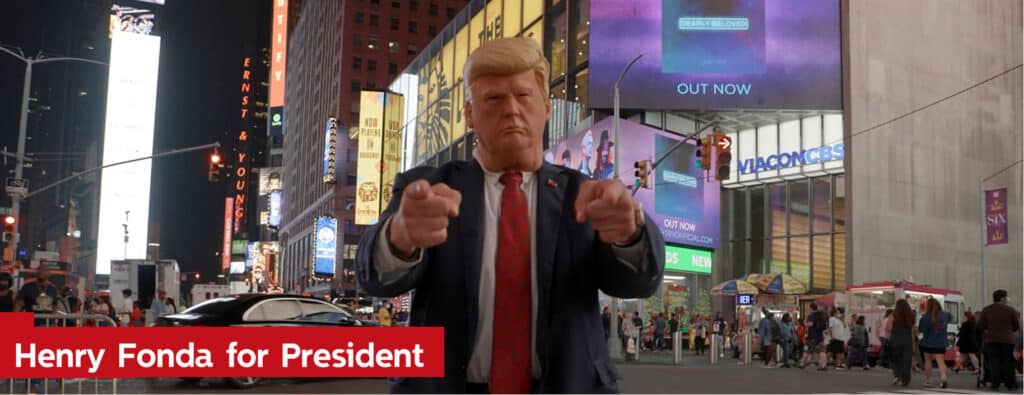
New directions in non-fiction
Among the emerging non-fiction filmmakers present in Time of History are Alexe Poukine and Paulo Carneiro. Selected for the Cannes Filmmakers’ Fortnight, Savanna and the Mountain, by Paulo Carneiro (Bostofrio), raises another current debate with economic, political, ecological and social connotations: the confrontation between economic development and the preservation of the landscape. The film documents the struggle of a Portuguese community against the creation of an open-cast mine by a multinational company, thus reflecting upon a profound political and environmental debate.
In Who Cares, Belgian filmmaker Alexe Poukine (That Which Doesn’t Kill) investigates how doctors are trained and their impact on mental health as well as working conditions in the health system through the testimony within a health centre in Lausanne that teaches professionals, if possible, to feel and empathise with their patients. Poukine’s innovative approach has received the Cinéma du Réel young jury prize and a special mention at the Visions du Réel.
SEMINCI will host the Spanish premiere of the international titles in this section, as well as the world premiere of the Spanish films already presented that are also competing in Time of History. These include the directorial debut of film editor Pablo Gil Retuerto (El rayo), La marsellesa de los borrachos, an anti-Franco musical road movie; Mi hermano Ali, the portrait of a young migrant by Paula Palacios (Cartas mojadas); Kikol Grau‘s humorous and hooligan look at the recreation of battles and historical events in Turismo de guerra, and the fable about the films that Fernando Ruiz Vergara never made, Caja de resistencia, by Concha Barquero Artés and Alejandro Alvarado Jódar, a portrait of the Argentinian musician Waldo de los Ríos, arranger of the well-known version of Miguel Ríos’ Himno de la alegría, in which luxury, esotericism and death intermingle.
Discussion Panel
Coinciding with their attendance at the festival to present their films, directors Alexander Horwath (Henry Fonda for President) and Kamal Aljafari (A Fidai Film) and the producer of The Invasion, María Baker-Choustova, will take part in the round table Reclaiming History. They will share the aim of highlighting the almost archaeological work of recovering forgotten or lost film materials, which shed light from the past on current issues. Moderated by Carolina Martínez, member of the SEMINCI programming department, this activity, included in the cycle of talks entitled Thinking of cinema, will be held on Thursday 24 October in the Salón de los Espejos of the Calderón Theatre at 12:00 noon, free entry until full capacity is reached.

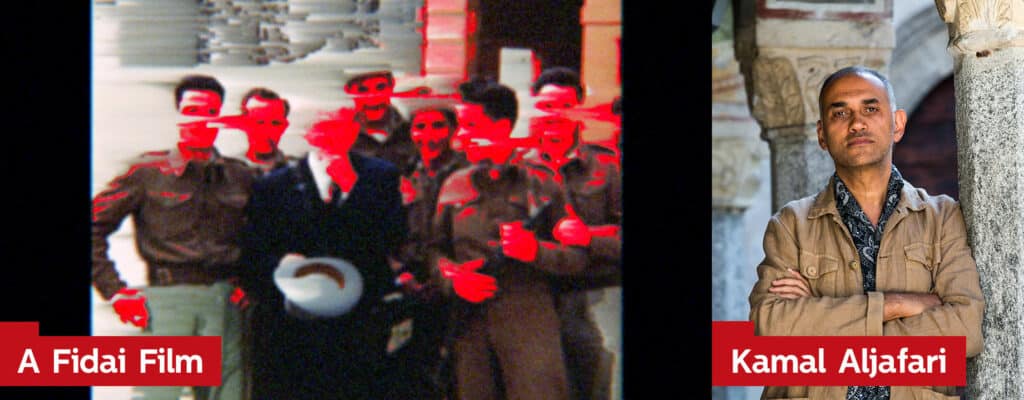
A FIDAI FILM. KAMAL ALJAFARI.
Berlin-based Palestinian filmmaker Kamal Aljafari (Port of Memory Recollection) presents this innovative historical reconstruction of the raid on the Palestinian Research Centre in Beirut, where collections of still and moving images documenting Palestinian history were stolen. Through a documentary and experimental filmmaking approach, A Fidai Film proposes a reflection on identity, memory and the struggle for representation in a context of conflict and loss. This film won the Grand Jury Prize at Visions du Réel 2024, and the Renaud Victor Prize at FID Marseille. Aljafari is currently preparing the feature film Beirut 1931, to be shot in Jaffa.
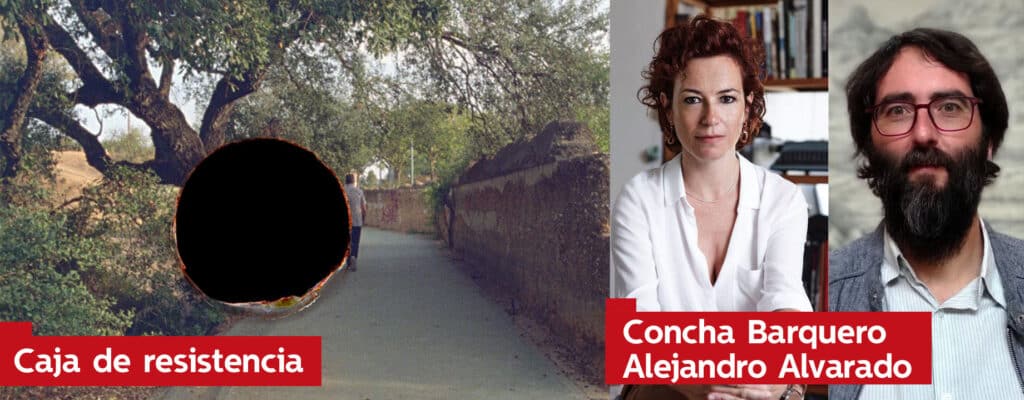
RESISTANCE BOX. CONCHA BARQUERO AND ALEJANDRO ALVARADO
The filmmakers Concha Barquero and Alejandro Alvarado, renowned for their commitment to auteur cinema and the exploration of cultural and political themes, recover and recontextualise in Resistance Box sketches of films that the filmmaker Fernando Ruiz Vergara was never able to complete. The film mixes documentary and fiction, and imagines bringing to life the dream projects of the director of Rocío, a documentary that was judicially censored in the early years of democracy, as a gesture of resistance. Produced by Azhar Media and Alvarquero and Blablabla Media.
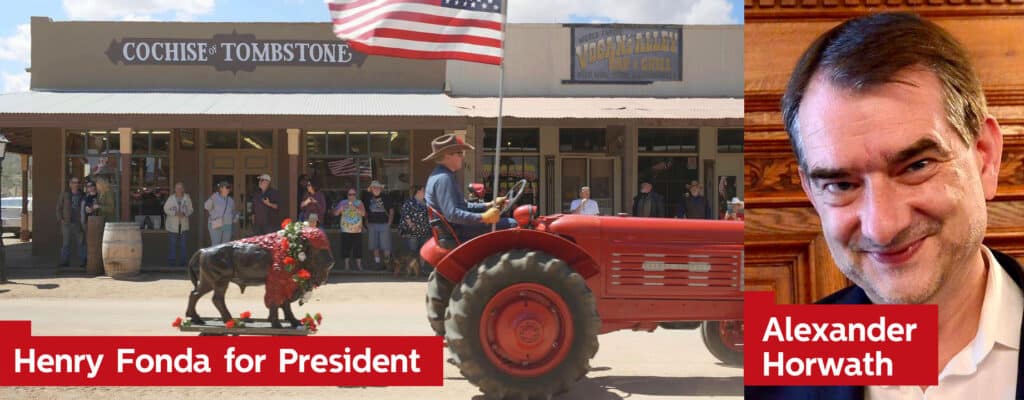
HENRY FONDA FOR PRESIDENT. ALEXANDER HORWATH
Alexander Horwath, known for his work as director of the Vienna International Film Festival and the Austrian Film Museum, makes his directorial debut with this work, which combines historical and cinematographic analysis. Premiered at the Berlinale, it uses the performances and voice of iconic actor Henry Fonda to trace a journey through American history and culture.
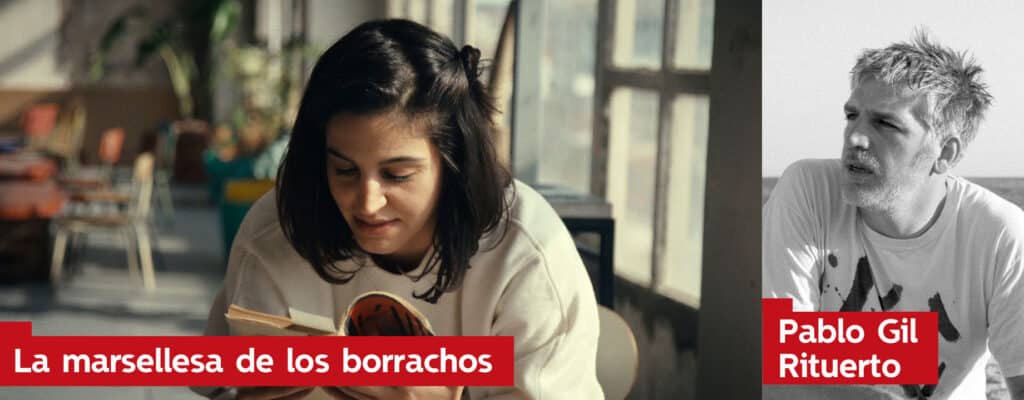
LA MARSELLESA DE LOS BORRACHOS. PABLO GIL RITUERTO
La Marsellesa de los borrachos, directorial debut of film editor Pablo Gil Rituerto (Hassan’s Way, Red Moon Tide, Correspondence Jonas Mekas-J.L. Guerin), explores historical memory and political resistance through a road movie across northern Spain. The film recreates the 1961 clandestine trip of the Italian group Cantacronache to collect anti-Francoist folk songs. Using the original sound archives and oral memory, the film contrasts the experiences of that trip with contemporary Spain, offering a reflection on the still open wounds of the past. Begin Again is distributing the film.
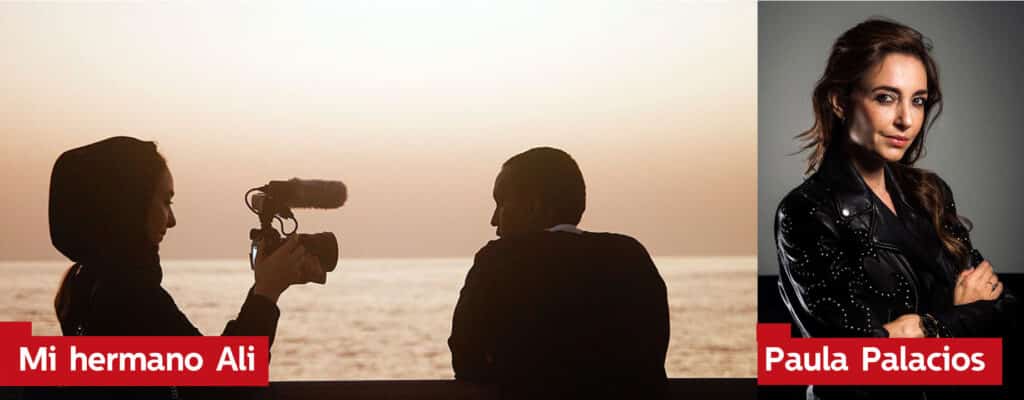
MY BROTHER ALI. PAULA PALACIOS
My Brother Ali, directed by Paula Palacios, follows Ali Ahmed Warsame, a young Somali boy who, after fleeing war in his home country at the age of 14, finds a turning point in his life when he meets filmmaker Paula Palacios in a Ukrainian prison in 2012. Filmed in Ukraine, the United States, Qatar, Saudi Arabia and Spain, it documents Ali’s journey in search of the American dream and his struggle to find a new identity and community in an often hostile world. Paula Palacios, a filmmaker and producer specialising in social issues and the Arab world, participated in this same section in 2018 with her first documentary short film, La carta de Zahra. She also won the Silver Biznaga for Best Documentary at the Malaga Festival with Cartas mojadas (2020).
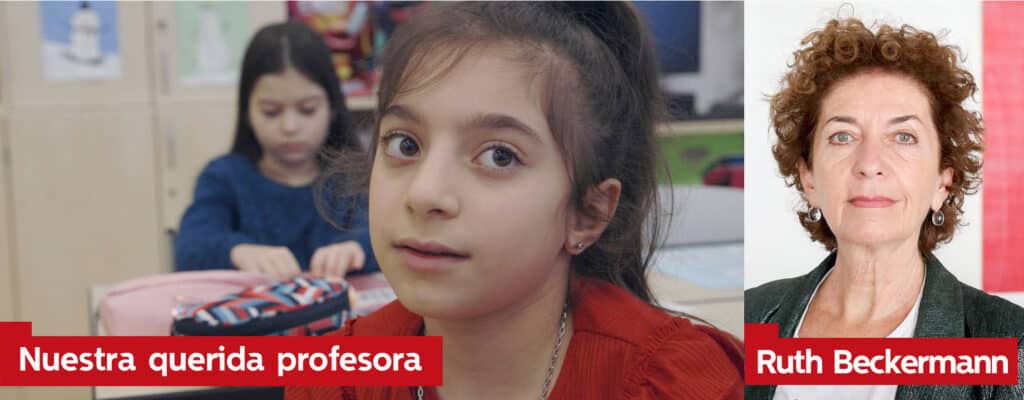
FAVORITEN. RUTH BECKERMANN
Austrian filmmaker Ruth Beckermann has followed a group of seven- to ten-year-olds and their dedicated teacher in a working-class neighbourhood of Vienna for three years, offering a microcosm of contemporary European society marked by challenges of identity and migration. Known for her ability to raise profound questions, Favoriten to invite viewers to reflect on the role of education in promoting equal opportunities. A leading figure in non-fiction filmmaking, with The Waldheim Waltz she won the Best Documentary Award at the Berlinale 2018 and earned an Oscar nomination. Most recently, Mutzenbacher won Best Film in the Encounters section of the Berlinale 2022. Filmin distributes Our Beloved Teacher in Spain.
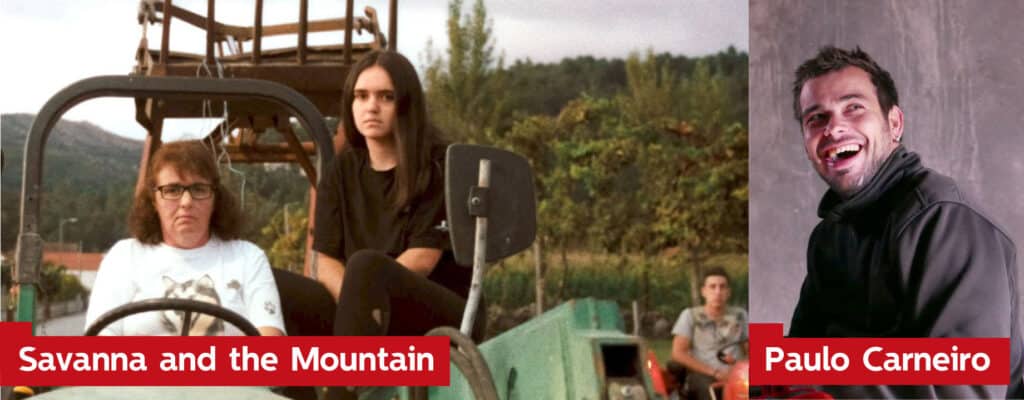
SAVANNA AND THE MOUNTAIN. PAULO CARNEIRO
Paulo Carneiro, a Portuguese filmmaker known for tackling social and environmental issues, bears witness in his latest work to the struggle of the community of Covas do Barroso, in northern Portugal, to protect their environment and their identity in the face of an ambitious lithium mining project planned by the British company Savannah Resources. His previous filmography includes Água para Tabatô, Bostofrio, où le ciel rejoint la terre and Périphérique Nord.
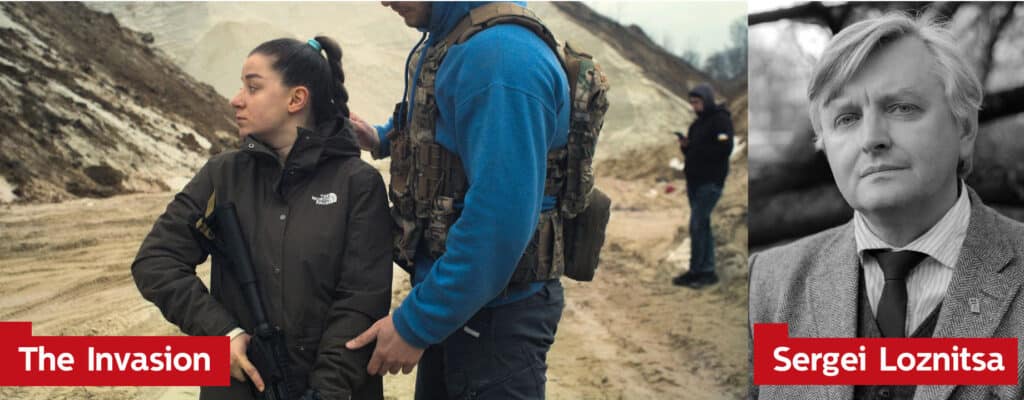
THE INVASION. SERGEI LOZNITSA
In The Invasion, Sergei Loznitsa documents Ukraine’s resistance to the Russian invasion over a two-year period. Through short episodes, the film offers a comprehensive portrait of civilian life in Ukraine during these critical times and of the Ukrainian national determination to defend its right to exist. Loznitsa’s commitment to portraying political and social reality has been recognised with Best Director awards in the Un Certain Regard section of the Cannes Film Festival in 2018 for his film Donbass and the Jury Special L’Oeil D’Or in 2021 for Babi Yar. Context.
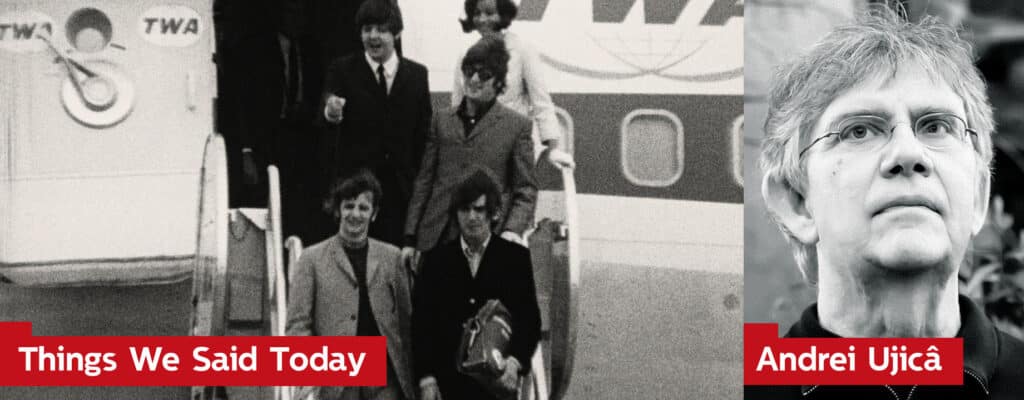
THINGS WE SAID TODAY. ANDREI UJICÂ
Prominent Romanian filmmaker and author Andrei Ujicâ, renowned for his trilogy on the end of communism (Videograms of a Revolution, Out of the Present, The Autobiography of Nicolae Ceaușescu) captures in a time capsule the essence of New York between 13 and 15 August 1965 to offer a multidimensional view of the era, framed by the arrival of the Beatles in the city and their first concert at Shea Stadium, the Watts riots and other events.
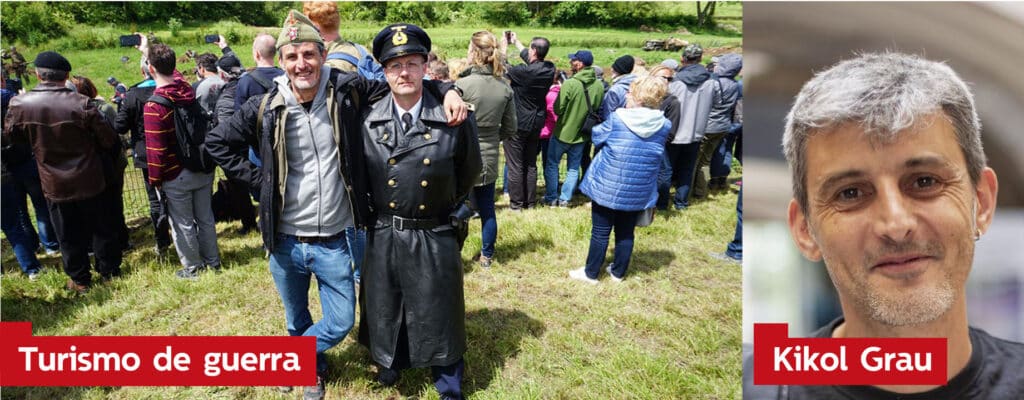
WAR TOURISM. KIKOL GRAU
A filmmaker with a diverse career ranging from political documentaries to the fantasy genre, Kikol Grau embarks as director and protagonist on a personal immersion in war tourism, combining his active participation with a historical study of this phenomenon through a playful and reflective approach. The film, first prize in Documenta Madrid’s Final Cut, combines audiovisual essay, historical reenactments and cosplay to dive into how tourists and war buffs interact with historical sites of conflict. He previously explored the Arab Spring in Libya through newsreel footage in Objective Gaddafi. He has also worked on a trilogy about Basque punk and La Transacción: Un Recorrido Audiovisual por la Transición, selected at the Seville European Film Festival.

WHO CARES. ALEXE POUKINE
Belgian filmmaker and screenwriter Alexe Poukine (Palma, That Which Doesn’t Kill) examines in Who Cares the challenge of maintaining empathy in an increasingly liberalised hospital system. Set at the CHUV Training Centre in Lausanne, it reflects on how empathy can be eroded by harsh working conditions, while posing a critique of the system that challenges the ideal of humane and compassionate care. After studying theatre and photography, Poukine specialised in anthropology, documentary filmmaking and screenwriting. She is currently working on her first fiction feature film.
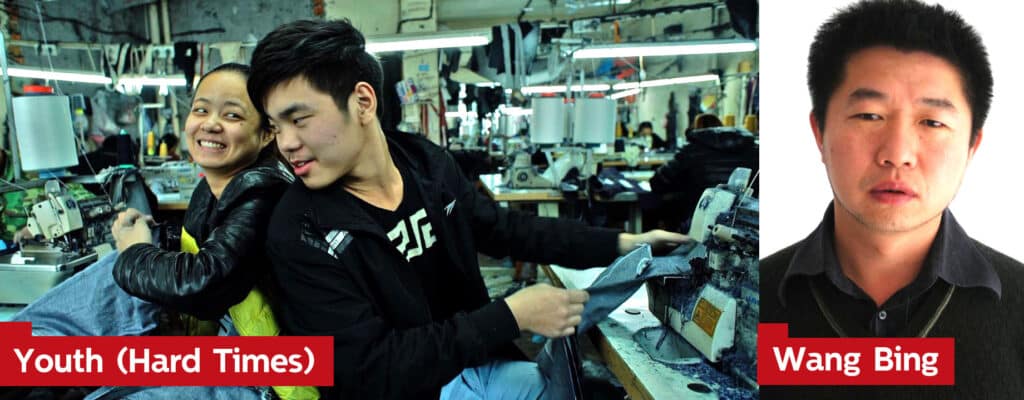
YOUTH (HARD TIMES). WANG BING
After West of the Tracks (2002), a monumental nine-hour work about the decline of an industrial area in northeast China, director Wang Bing has continued to explore controversial themes and innovate in the use of the digital format with the Youth trilogy. The second instalment of this series, Hard Times, which premiered at the Locarno Film Festival, offers a vivid portrait of the harsh reality in the textile factories of the Chinese city of Zhili. The plot interweaves individual and collective stories that become increasingly dramatic as the police brutally repress the riots started by the workers in 2011.
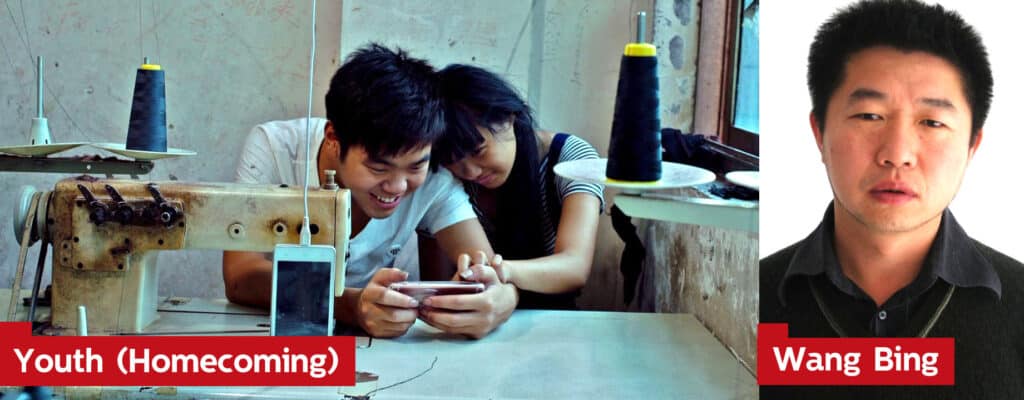
YOUTH (HOMECOMING). WANG BING
With Homecoming, presented at the Venice Film Festival 2024, Wang Bing closes the trilogy Youth, which he shot over six years and began with Spring, premiered at the Cannes Film Festival in 2023 , also included in the previous edition of SEMINCI. The film reflects the difficulties and hopes of a new generation of workers as they prepare to return to their hometowns to celebrate the New Year. The Chinese director, whose work was the subject of a retrospective at the Centre Pompidou in 2014, won the Golden Leopard at the Locarno Film Festival with Mrs. Fang.

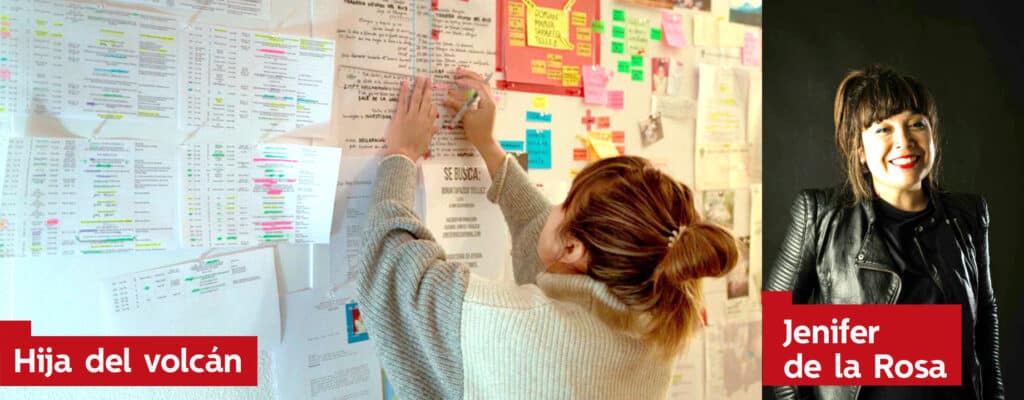
HIJA DEL VOLCÁN.JENIFER DE LA ROSA
Jenifer De la Rosa‘s debut feature, recognised at several international festivals during its development phase, focuses on the director’s emotional and physical journey as she discovers her personal story and the context of her adoption in Spain, marked by the tragedy of Armero, caused by the eruption of the Nevado del Ruiz volcano in Colombia. Founder of Mayéutica Producciones, she is currently developing her next project, La herida primaria.
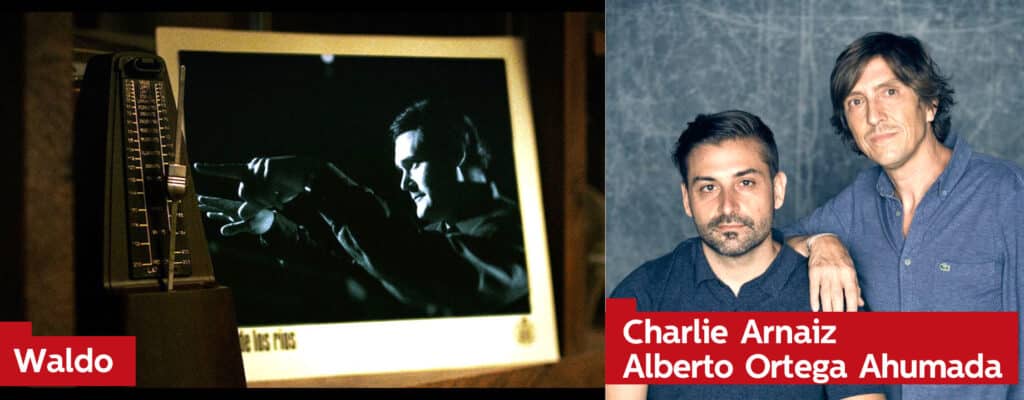
WALDO. CHARLIE ARNAIZ AND ALBERTO ORTEGA AHUMADA
A documentary that uncovers all the secrets behind the public figure of the famous Argentinian musician who had been living in Spain since the 1960s and was found dead in 1977 after being shot twice in the face. A Dadá Films & Entertainment production directed by Charlie Arnaiz and Alberto Ortega Ahumada. Together they have previously made documentaries on Raphael, José María García and Paco Umbral (Anatomy of a Dandy, nominated for a Goya in 2021), as well as the TV series El rey del cachopo (The King of Cachopo).
Press contact:
983 42 64 60

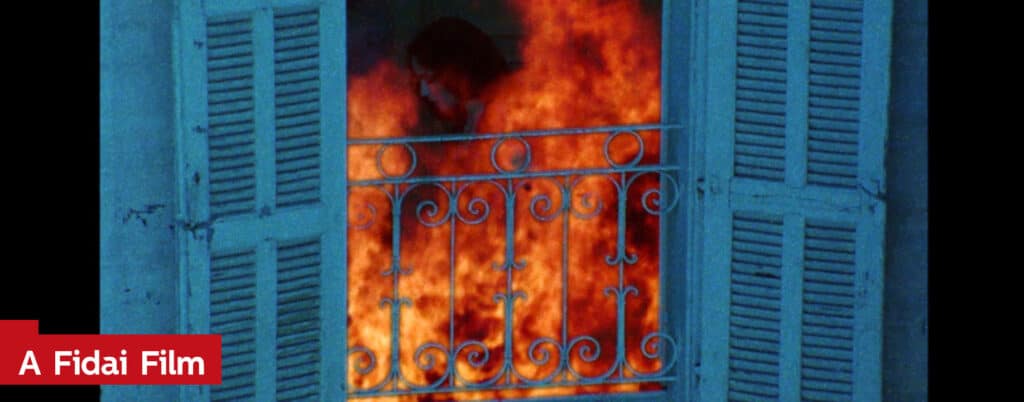
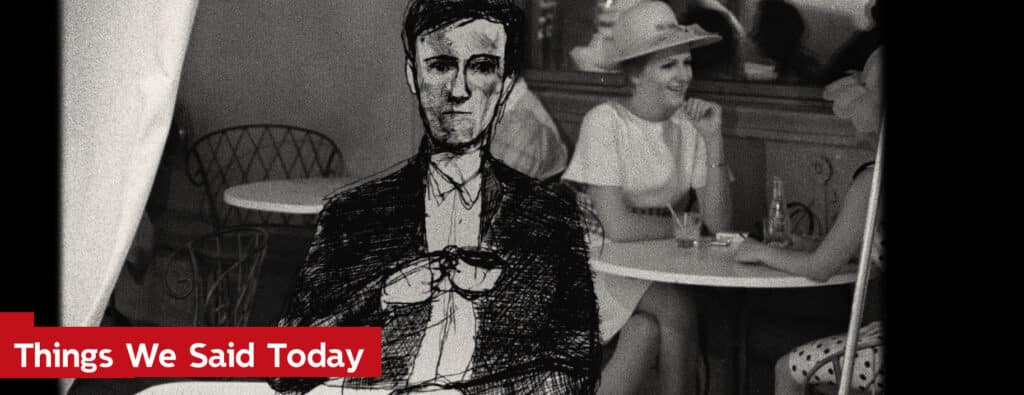
![Logo Foro Cultural de Austria Madrid[1]](https://www.seminci.com/wp-content/uploads/2024/09/Logo-Foro-Cultural-de-Austria-Madrid1-300x76.jpg)


































